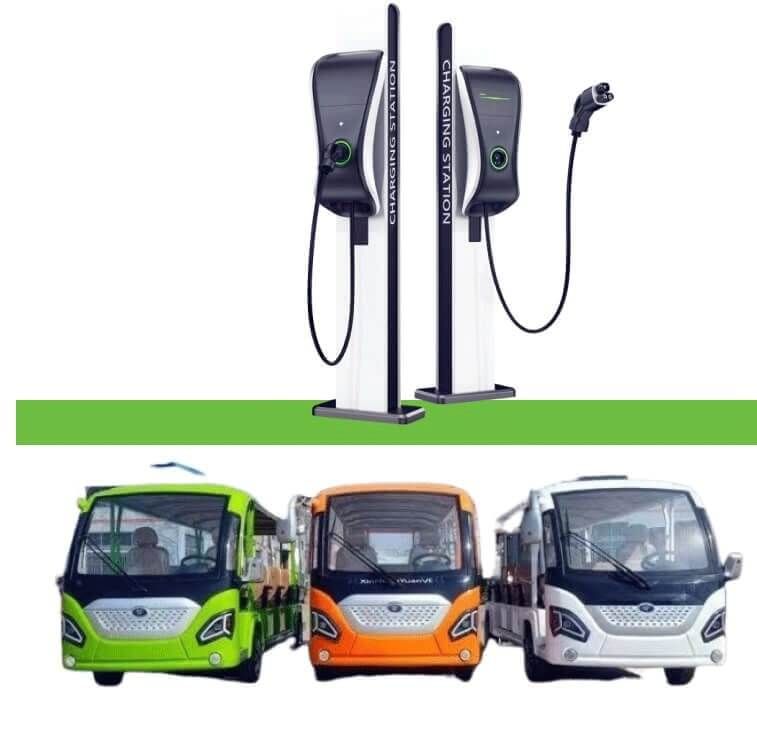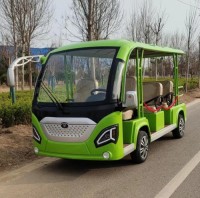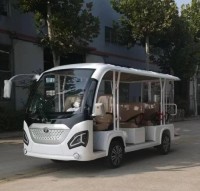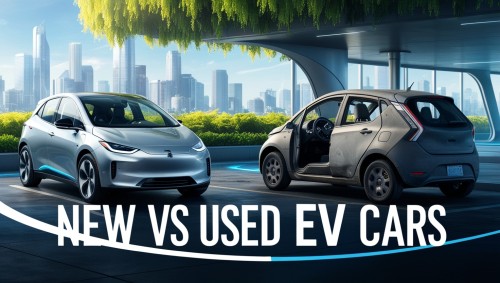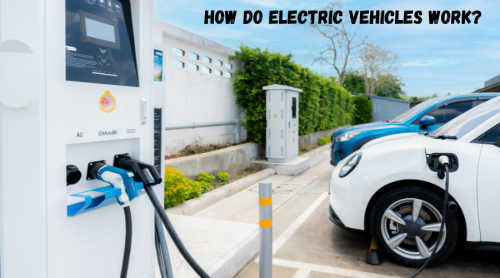Looking to switch to an EV? That sounds amazing because you will have a whole new experience waiting for you. People who have already driven it have liked the experience in terms of comfort, speed, traveling expense, and convenience. If you also want to feel like them, there are two options for you: either you can try a brand new one or a used one. Both are suitable options, depending on your circumstances. To further clarify the selection process, here is what you need. New Electric Cars A new model is what everyone wants to buy unless some challenges come in between. Likewise, electric cars are also preferred by people who wish to avoid gasoline and diesel. There are many reasons behind this, and one of them is the maintenance and driving challenges. Electric cars, especially new ones, hardly raise issues, which makes them the apple of an eye. Here are some factors that you can read about before making a decision. • Higher Price Every newer technology is more expensive than the current one. Purchasing a new electric car will affect your budget. If you look at the prices of previous models, they will seem more affordable than the newer ones. The reason is the improvement in technology, fewer flaws, and better performance. Newer models are capable of performing better, which makes their prices higher. If your budget is ready for this challenge, you can go ahead. • Higher Battery Strength and Range A Newer model with better battery strength. Battery strength and range are the two main challenges in every EV. Since they rely entirely on batteries, consumers know the importance of this factor. Therefore, every new electric car model comes with a better range. • Improved Performance Drivers want better performance, faster torque, and quieter movement from their EVs. This is what they pay for. If these features are not available in a new model, they won't buy it. Therefore, every new electric car has to improve emission control, charging time, torque, and the braking system. People are ready to buy new EVs when all these features combine with upgrades. • More Compatibility with Modern Technology Compatibility is what makes a product worthwhile. If it is not compatible with modern applications, users won't like it. Therefore, new electric cars can be better compatible with more charging features. That could be fast charging or a plug-and-charge feature anywhere. It could also be more compact chargers with a universal plugging system. In that case, customers will surely wish to buy new ones. • Could Face Unavailability of Spare Parts The biggest challenge for any latest automobile is the availability of spare parts. Whether an EV or any other type, spare parts must be available in most stores. When you purchase a new model, you might face unavailability or a shortage of spare parts in the market for some time. This challenge increases the price of those parts. Used Electric Cars Not everyone can afford a new model, which is why there is a huge market for used automobiles. There is nothing wrong with purchasing a used one because all you have to consider is your budget and comfort. Therefore, purchasing a used electric car could be beneficial, but it might be challenging in the ways below. • Lower Price and More Affordable This is the biggest reason why many people prefer a used one. They can finally afford the EV they have been eagerly waiting for. Once an automobile gets old, its price drops because of depreciation. Many users who want to switch to a new model sell the older ones. As a result, people who can not afford the new ones finally get themselves a used electric car, which is affordable. • Less Battery Strength and Replacement Cost The cost of buying a used EV is the battery life. Since the previous user has already used it, battery challenges will be waiting for you. That means you will have to bear some expenses to replace the battery. Even after you install a new battery, it will not give you the same performance as a new one. However, you can enjoy it since it is not bad at all. • Lower Range than New One A similar challenge is a low range. You will feel sad about the range difference if you compare your used electric car with a newer one. So, if you are about to go for a used one, prepare yourself for the lower range, which will be decent for most drivers. You will have to be content with what that EV offers you. • More Availability of Parts Since the used EV you purchased has already circulated in the market, you will find its spare parts easily. Once a model becomes old, its spare parts are found almost everywhere. Therefore, you will not have to worry about them for any maintenance or repair. Even the prices will be lower than the spare parts of the new model. • Incompatible Charging System with New Technology In rare cases, your EV's charging system is incompatible with newer technology. As technology advances frequently, you might notice a difference in software between old and new charging systems. That could also be a difference between the plugging pin and charging power. What if your car can connect with a standard charger, but the newer charging systems are much faster and incompatible with your car? That is a rare condition, but it could happen in the future. Conclusion All these factors can help you decide whether you should buy a new electric car or a used one. There is no shame at all if you have to buy an old one. After all, there are many factors that could affect your decision. Here is advice: do a complete analysis of the EV's model, size, type, price, and performance level as much as possible. The best thing is the availability level, which is higher than before since many new manufacturers have joined the competition.
Mar-17-2025








